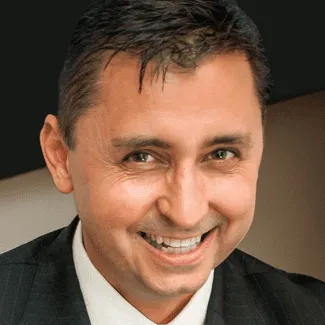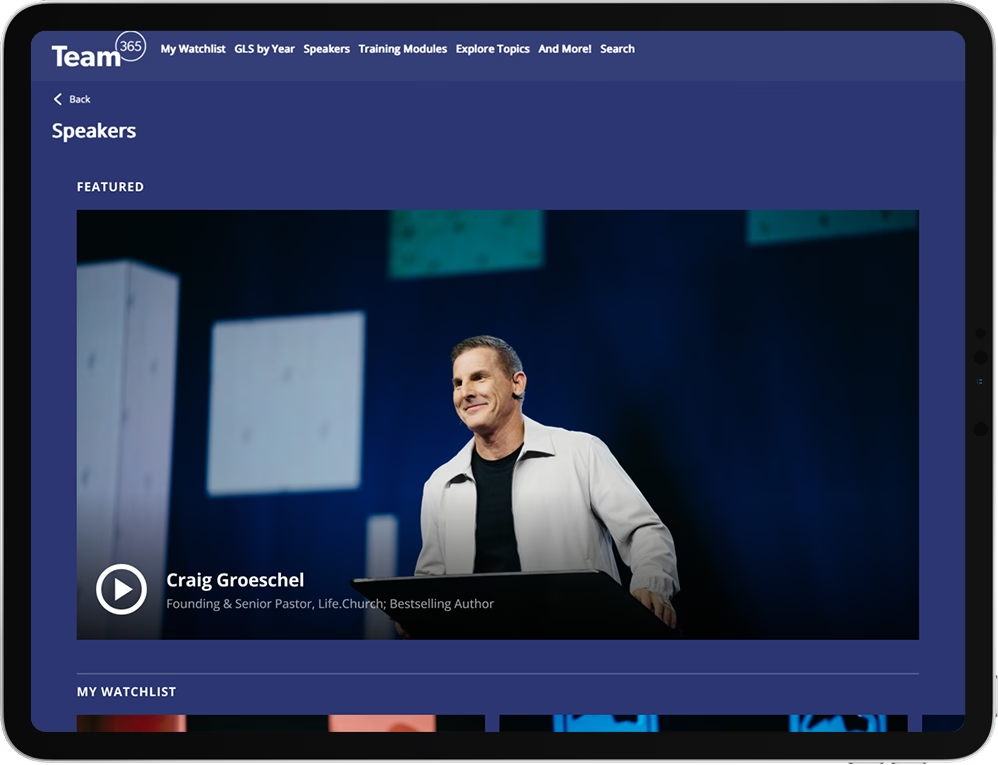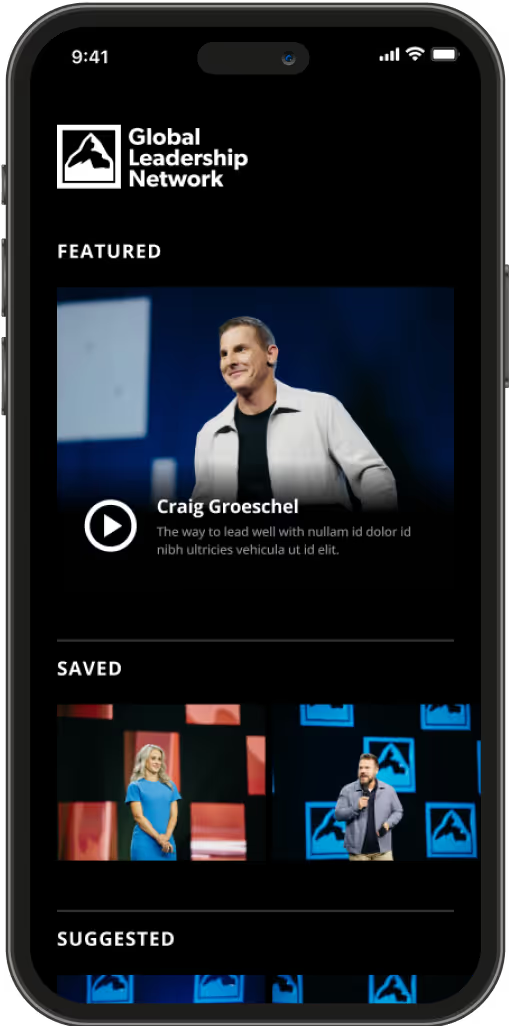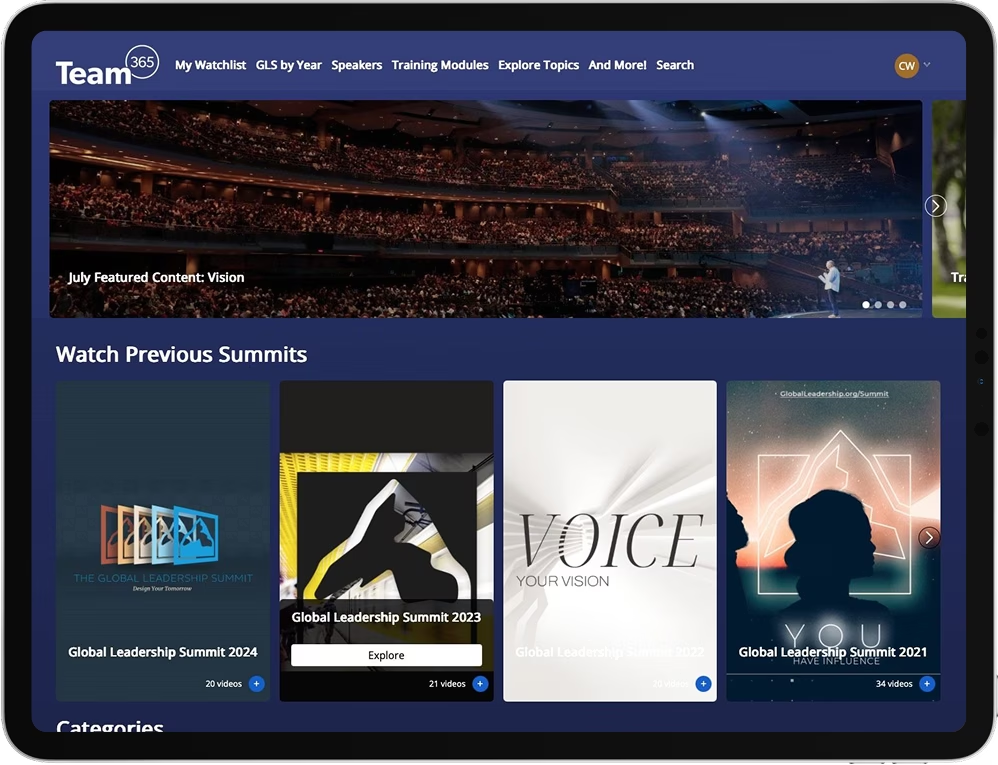In this episode, Global Leadership Podcast interviewer Jason Jaggard sits down with Chris McChesney, co-author of <i>The Four Disciplines of Execution, </i>to revisit the book and to explore how the four disciplines can impact our lives outside the business world.
SUMMARY
In this episode, Global Leadership Podcast interviewer Jason Jaggard sits down with Chris McChesney, co-author of The Four Disciplines of Execution, to revisit the book and to explore how the four disciplines can impact our lives outside the business world.
IN THIS EPISODE:
- What is a basic overview of the “Four Disciplines of Execution”?
- How can you learn to focus what is most important, but is not necessarily the most urgent?
- What “levers” can you affect that make it seem like your intended result is a winnable game?
- What has being a parent taught Chris about leadership, and how can the four disciplines be applied to a family?
LISTEN
Apple Podcasts | Spotify | YouTube
STANDOUTS AND TAKEAWAYS
- It’s better to fall in love with a problem than it is to fall in love with a solution.
- All of the “have tos” in our life is called “The Whirlwind.” The “One” is the strategic result in your life that is going to require disproportionate effort.
- Human beings have the capacity to handle “the whirlwind plus one.”
- It’s best to not give your frontline teams the answers; get their commitment and engagement by making them a part of the process.
- The Four Disciplines can actually be a way to protect the entrepreneurial spirit of a organization.
- If you want to see the highest level of engagement a human being is capable of, watch them in a game.
- The strategic result you’re looking for should feel like both a high-stakes game and a winnable game.
- Progress and purpose are the most important things that drive employee engagement. This fact also has profound implications for how leaders address remote work.
- The whole purpose of The Four Disciplines is to achieve goals that do not feel as important as “the day job.”
- If kids have one anchor of self-esteem in their life, they are able to handle the whirlwind and drama of life much more effectively.
- The enemy of the human soul is not work; it’s futility.
- The struggle is that as you become more successful as a company, the whirlwind grows and requires more and more.
- People don’t fear change; they fear uncertainty.
- Most success comes from putting huge energy into small wins.
- The most significant jump is moving from leading a team to leading leaders.
LINKS MENTIONED
- Website: Chris McChesney
- Podcast: 2018 Global Leadership Podcast
- Website: Global Leadership Network
THIS EPISODE SPONSORED BY:
Related
Ep 198: The World of Creativity (with Fredrik Haren)
For today’s guest, to be creative is to be human, author, speaker and “Creativity Explorer” Fredrik Heron has spent decades helping leaders understand that creativity isn’t about talent or personality: it’s about practice, environment and perspective
Ep 197: Innovation (with David Ashcraft)
In today’s interview with GLN President and CEO David Ashcraft will hopefully dispel those thoughts and show how innovation doesn’t mean creating something out of nothing. If you’re ready to discover how to give yourself space for innovation, give this episode a listen.
Ep 195: On Purpose and Calling (with David Ashcraft)
As a leader who is rolling into a new year, you might be thinking about what’s next. This conversation with GLN President and CEO David Ashcraft will encourage you with the unique ways you’ve been called to lead and center you by reminding you what it’s all about.
Leadership That Lasts
Team365 isn’t just a platform. It’s a commitment to grow, lead and live with purpose — every single day. Whether you’re here for content, community or clarity, you’re in the right place. Your leadership matters. Let’s keep going.





